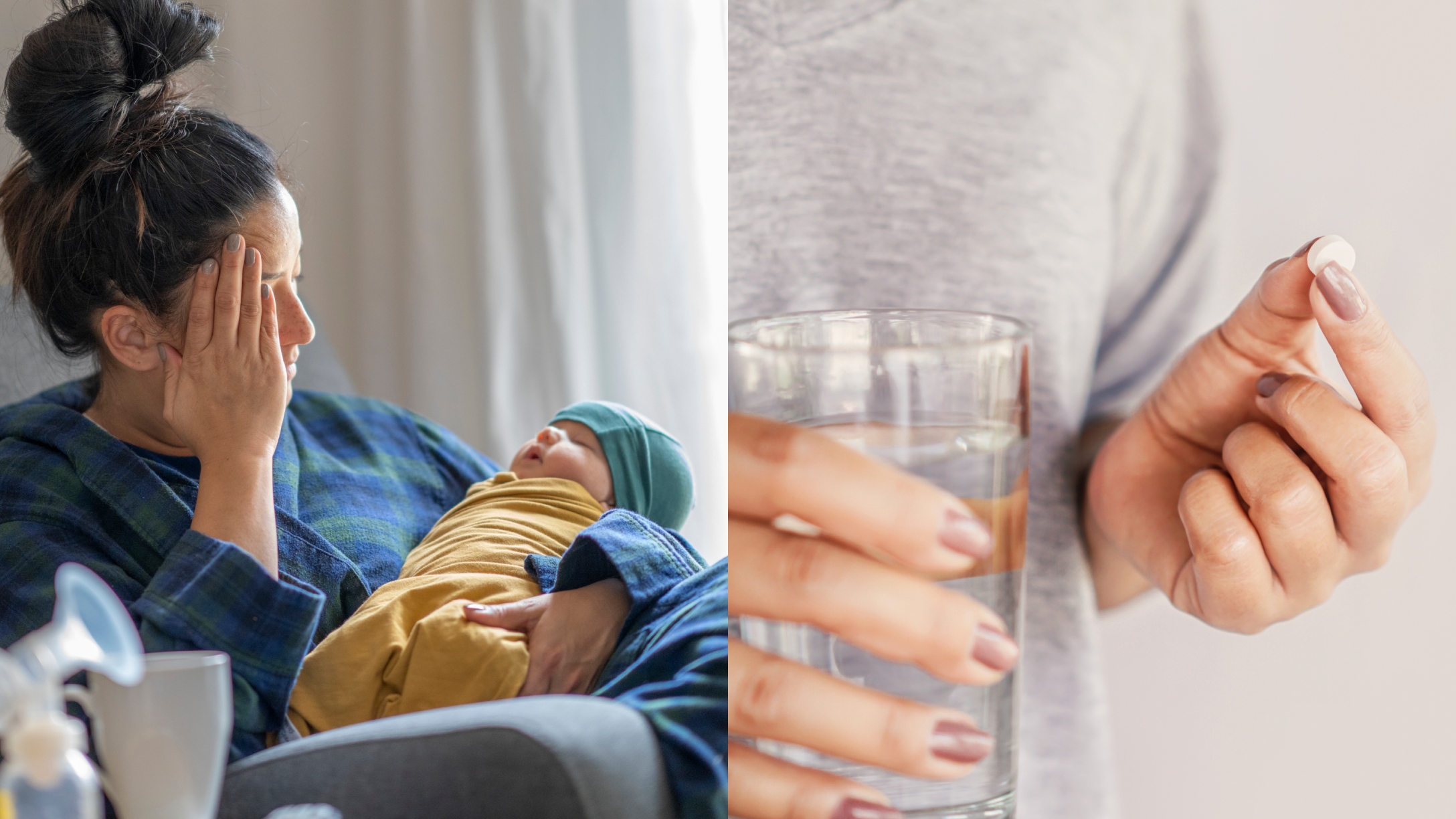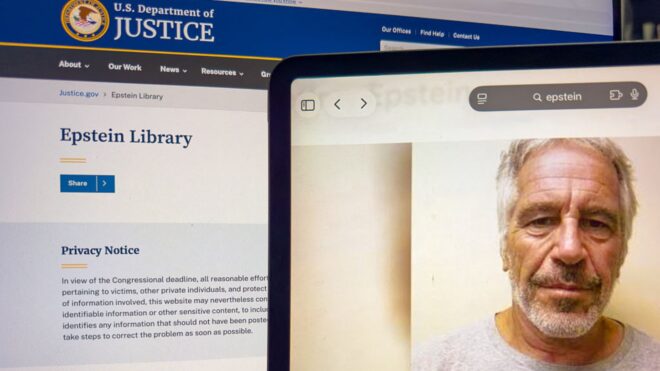
Postpartum depression has gotten a lot of media coverage in the last several months as we have seen heartbreaking stories about mothers overwhelmed by everything that comes with a new baby. There is certainly no shame in getting help, but sometimes moms don’t know where to start.
For the first time, the Food and Drug Administration has approved an oral PPD treatment. Biogen Incorporated and Sage Therapeutics Incorporated announced that Zurzuvae will soon be available by prescription for adults suffering from PPD. Makers of this 14-day oral treatment hope to relieve many women and comfort them as they transition to life as new moms.
More from CafeMom: Lindsay Clancy's Husband Asks Community To Forgive His Wife Amid News of 3rd Child's Death
Zurzuvae is the first of its kind.
Until Zurzuvae, there had not been any approved oral treatment option for PPD. Many women feel helpless after having a baby, and as the maternal mortality rate continues to increase in the United States, this is a perfect time to introduce help.
“Maternal mental health has been sidelined for far too long, but today’s approval of ZURZUVAE helps to change that. Women have been waiting for an oral medicine that can specifically and rapidly improve the symptoms of PPD and we are proud to be able to deliver that,” Barry Greene, chief executive officer at Sage Therapeutics shared in a statement.
Hundreds of thousands of women could benefit from the drug.
As a representative for Zurzuvae told CafeMom in an email, “PPD symptoms are reported to affect thousands of women in the United States annually, and PPD remains significantly underdiagnosed and undertreated.”
“Today’s approval is welcome news for the estimated 500,000 women in the United States who report experiencing symptoms of this devastating and often misunderstood illness each year,” Wendy N. Davis, executive director at Postpartum Support International, noted in a statement from the company. “Women with PPD desperately need prompt care and additional treatment options that can provide quick relief so they can be healthy and present during this momentous time in their lives.”
Additional statistics show that many moms are suffering.
Postpartumdepression.org reports 1 in 10 women will experience some PPD after giving birth. Some studies show it is as many as 1 in 7 new moms.
The organization states that PPD generally lasts three to six months but varies from one case to another. Research estimates that half of moms with PPD do not get diagnosed by a health care professional.
Zurzuvae may be able to treat symptoms of PPD more quickly than other medications.
Other depression medications on the market may not be able to treat PPD as effectively as Zurzuvae. The representative explained that the drug allows for quicker response to symptoms.
“ZURZUVAE works differently from commonly prescribed depression meds: In the SKYLARK study, treatment with ZURZUVAE rapidly improved symptoms of PPD at Day 15 and as early as Day 3 with sustained effect to Day 45," the representative's email continued.
More from CafeMom: My Girlfriend Was Shamed at a Pool Party Because a Mom With PPD Was Jealous of Her Body
Zurzuvae should be available later this year.
The representative we spoke to said plans are for Zurzuvae to be available in the fourth quarter of 2023. It should be scheduled as a controlled substance in the next 90 days by the FDA and will launch shortly afterward.
“Today marks a groundbreaking day for the treatment of PPD, as with ZURZUVAE we now have an oral treatment option that can provide rapid improvements in depressive symptoms in as early as three days for women with PPD,” Dr. Kristina Deligiannidis, a principal investigator in the Zurzuvae clinical development program and professor at The Feinstein Institutes for Medical Research in Manhasset, New York, shared in a statement from the company.
“As a perinatal psychiatrist, I see the devastating impact PPD has on mothers particularly on the important mother-infant bond and long-term child development. Once available, I believe ZURZUVAE will be a meaningful option for patients in need.”




